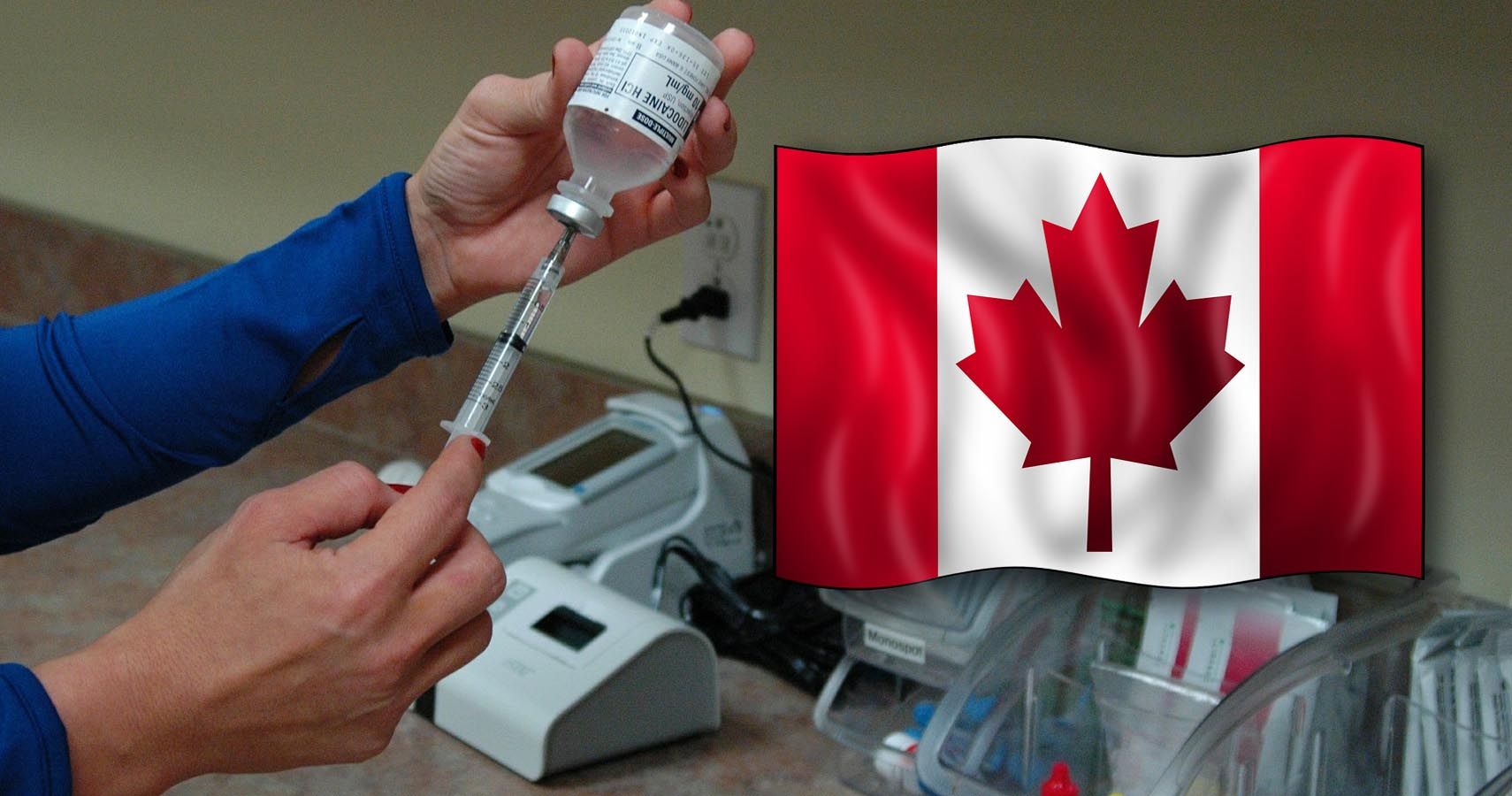According to new recommendations, Ontario will allow pregnant and breastfeeding women to be receive the COVID-19 vaccine. The decision demonstrates a change in policy that has caused many new moms and moms-to-be to breathe a sigh of relief.
The January 7th memo from the Ministry of Health regarding vaccine recommendations for special populations explains that people who are pregnant "may choose to receive the vaccine after informed counseling and consent."
Until now, many health groups have urged pregnant and breastfeeding women to avoid being vaccinated, but not because a health concern exists regarding the injection. Rather, it was the lack of testing on these groups during the trial phase of its development. Having been excluded from the research, these women had no concrete data regarding their reactions to the vaccine. Because of that absence of data, health professionals couldn't recommend them.
Both vaccines available to Canadian citizens are mRNA-based. These specific types of vaccines are new and trigger an immune response, as opposed to other vaccines which put a weakened or inactivated germ into our bodies in order to build up immunity. That is not the case with mRNA vaccines. Rather, they train the cells in a body to make a protein, or even just a piece, which triggers a response. These shots are also "not hypothesized to be a risk to the breastfeeding infant" and can be offered to anyone breastfeeding.
"After careful review, women who are pregnant and breastfeeding will no longer be excluded from receiving COVID-19 vaccinations. They will be able to make an informed decision for themselves after consulting with a health-care provider about the benefits and risks," a spokesperson for the Ministry of Health said in a statement on Friday.
Since the initial announcement that excluded pregnant or breastfeeding women from inoculation, the outcry has been swift. Over 1,700 health-care workers have signed off on an online petition calling for Ontario to update the guidelines, which they have done today. Some healthcare workers in the area even chose to not reveal their pregnancies in order to receive the vaccine.
In the end, the absence of data from taking the vaccine doesn't outweigh the negative data that exists for pregnant women catching COVID-19. A data analysis done for hospital admissions by the University of British Columbia looked at pregnancies in British Columbia, Alberta and Ontario during the peak times of the virus from March to September. It found pregnant women with COVID-19 faced increased risk of hospitalization.
Today's decision is a major moment in the push to help those carrying and caring for the next generation to gain health assurances and peace of mind going forward. Time will tell if the world will follow the lead set by Ontario and other areas as more and more are inoculated.
Sources: CBC, Center For Disease Control

